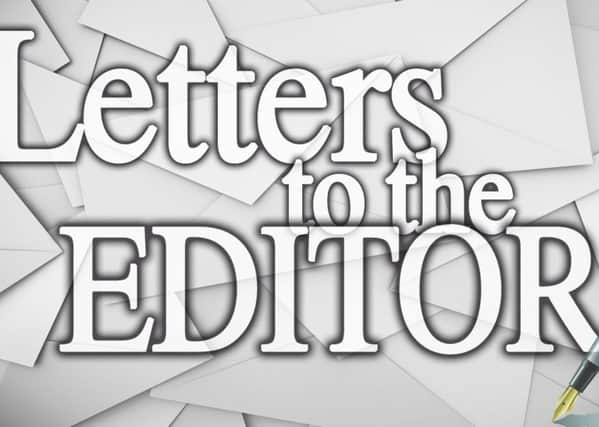The Irish language is almost a millennium older than English


Perhaps he meant it as a joke but unfortunately, I have the feeling that he was not trying to be funny.
The Irish language has been spoken in Ireland for give or take 2,500 years. No one is sure what language was spoken before that as no records from that time exists. Mr Wight makes this point when he called it “the language spoken by the Iberian Celt blow-ins who only invaded us as lately as around 500 BC.”
Advertisement
Hide AdAdvertisement
Hide AdIt is worth mentioning that at that time 2,500 years ago what was to become the English language was a German dialect spoken somewhere between the present Netherlands and Denmark.
English did not become the English language until the 430s when the Jutes, Angles and Saxons began moving to Britain. It is interesting that the Germanic blow-ins to Celtic Britain only invaded that land 1,600 years ago - about nine hundred years after the Gaelic speaking people settled in Ireland.
Not only is the Irish language the best part of a millennium older than English, the latter language was not spoken in any large measure in Ireland until the 1400s and did not become the main language of Ireland until the 1860s, having gained its dominant position by over a million Irish speakers dying due to famine and more than a million emigrating.
If Mr Wight would like clear, unimpeachable proof that the language was called Irish, he need look no further than an Irish language primer that was presented to Queen Elizabeth I. It is divided in three parts: an introduction in English; an account in Latin of the antiquity of the Irish race and language; and a description of the Irish alphabet, with a small collection of Irish words and phrases with parallel translations in Latin and English.
Advertisement
Hide AdAdvertisement
Hide AdThe introduction makes clear that it was prepared for Elizabeth I at her request.
In the many Irish dictionaries published from the early 1700s onwards, the compilers called the native language of Ireland Irish. That would seem strange if the language was not launched until 1943.
Mr Wight claims it was Éamon de Valera who amalgamated many dialects to create a language. He may be confusing that for laying out an official standard for writing.
Many languages, including German, Spanish, Italian, have official written standards that vary from the spoken word. None of these languages were created from thin air like Esperanto when the official written standards were compiled. The languages existed long before the written standards were laid down. It should also be noted that the official standard for Irish was first published in 1958.
Advertisement
Hide AdAdvertisement
Hide AdMr de Valera’s speech in 1943 was to commemorate the founding fifty years earlier of Conradh na Gaeilge, whose first president was Douglas Hyde, the son of a Church of Ireland minister. De Valera dealt with many aspects of the Irish language in what is a rather long speech.
ome of it chimes with Mr. Wight’s thoughts - “The Irish language spoken in Ireland today is the direct descendant without break of the language our ancestors spoke in those far off days. A vessel for three thousand years of our history, the language is for us precious beyond measure. As the bearer to us of a philosophy, of an outlook on life deeply Christian and rich in practical wisdom, the language today is worth far too much to dream of letting it go.”
I will finish by correcting another claim that Mr Wight made in his letter. Éamon de Valera did not make the teaching of Irish mandatory in schools. That decision was made by the Provisional Government in 1922. Historians claim that it was Ernest Blythe, a County Antrim Protestant, who was the minister who made the most effort to promote Irish.
It was he, as minister for finance, who launched many of the rules regarding compulsory Irish in the civil service and in education.
I hope that this letter has educated Mr Wight and others who might not know much about the history of the Irish language.
Is mise,
Seanán Ó Coistín, Trier, Germany